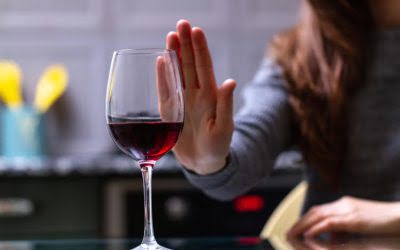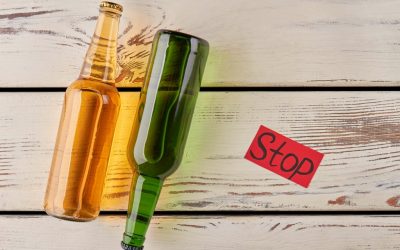If you’ve become dependent on alcohol, cutting it out of your life may produce withdrawal symptoms, such as a rapid heartbeat, high blood pressure, sweating and shaking. Psychological symptoms can include irritability, anxiety and restlessness. The following activity offers suggestions to support you in your decision to cut back or quit drinking. It can be used with counseling or therapy and is not meant as a substitute for professional help.
Remove alcohol from your house.
College life is a transformative journey filled with exciting experiences and unique challenges. As a college student, you may encounter mental health concerns such as anxiety, depression, stress, detachment, loneliness, burnout, and overwhelm. It’s essential to equip yourself with effective strategies to manage these concerns without relying on alcohol. Let’s explore tailored approaches that resonate with the college experience.
Distraction and Substitution Techniques
Abstinence is not the only solution for recovering from alcohol use disorders, but it is one of the most studied and successful methods for recovering from alcohol use disorders. Exploring, in writing, what you find difficult and when you most want to drink can help you notice patterns that offer more insight into your alcohol use. Comparing the emotions that come up when you have a drink with the feelings you experience when abstaining also helps you recognize when drinking doesn’t fix the problems you’re trying to manage.
steps to quit drinking on your own
- Even if you’re drinking at a sensible level, you should not drive.
- Your buzzed self will actually have more fun and thank you later since it no longer has to do “on the spot thinking” about how much to drink.
- While the first can be seen as a normal desire, the latter represents a craving which entails a mental preoccupation with alcohol that typically leads to problematic drinking.
Recognizing the difference between the two can help to identify whether the cravings have started why can’t i control my drinking getting out of hand, laying the groundwork for effective coping strategies. The most straightforward drinking diaries just record how much you drink each day, but the more you can keep track of, the better you will understand your own drinking patterns, and thus be able to control them. For example, every evening (or the following morning, if you forget), write down how many drinks you drank, where you were, and with whom. Your drinking goal should be based on what is best for your long-term health, as well as what is realistic for you, your family and friends, and other aspects of your lifestyle. Several apps may help support a person to moderate or stop their alcohol consumption. Most apps are available on iOS and Android and are free or charge a low flat fee for access.

Addressing Loneliness
People with alcohol use disorder can’t stop drinking even when it causes problems, like emotional distress or physical harm to themselves or others. The goal of a moderation program is to support a person’s journey toward understanding their drinking behavior and create a safe environment for them to explore how to drink moderately. This withdrawal can be physical, mental, or psychological; your level of alcohol dependence will determine the type and severity of your withdrawal symptoms. Fortunately, there aren’t any alcohol withdrawal symptoms that are life-threatening or even need medical supervision.

People can also access morning and night prayers, 12 Steps promises on experience, hope, and strength, and notes. Daily notifications may keep people focused on recovery, and special notifications alert a person when they have reached a key milestone. People can add memorable photos for each milestone and save or share their achievements. Medical News Today includes apps that are reputable and well-received, with a range of price points and features. If you tend to drink too much whenever there is any alcohol in the house, get rid of it altogether, the NIAAA recommends. Food can absorb the alcohol in beverages, so eating before or even while you drink can dampen the effect and may make you want to drink less, says Crews.
